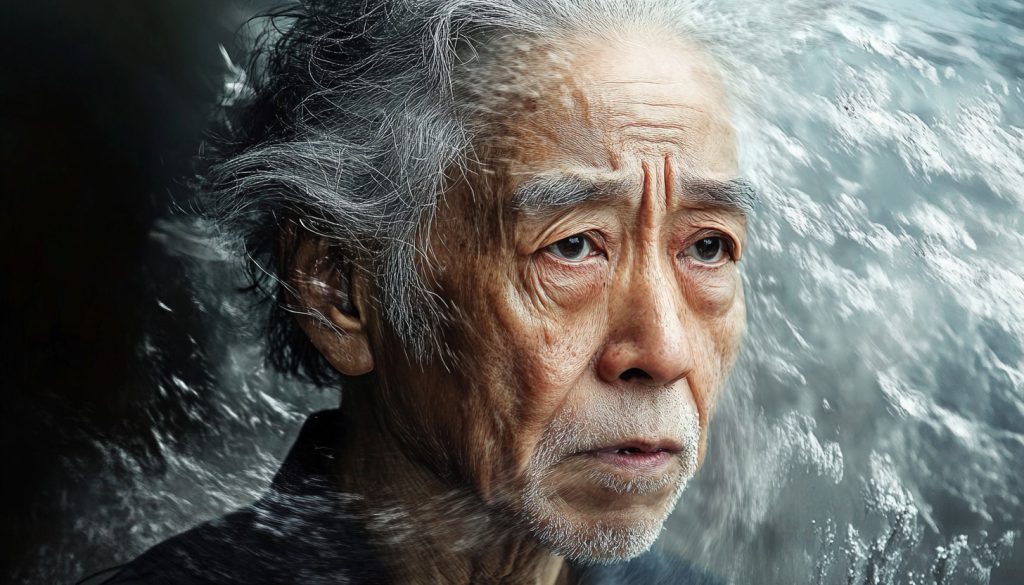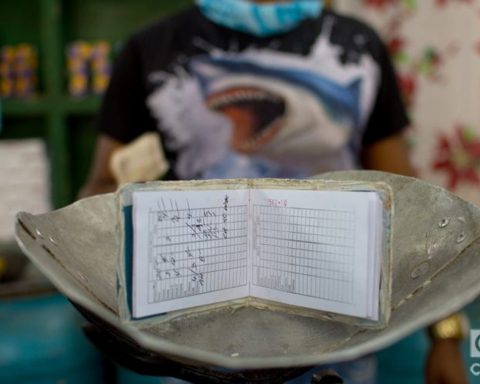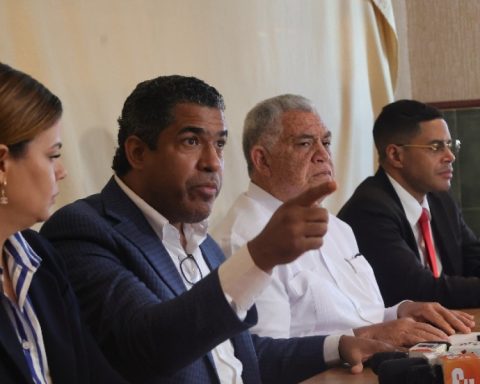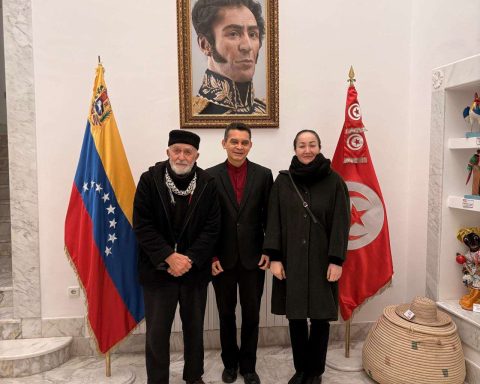Andrea Becerril
The newspaper La Jornada
Sunday, September 15, 2024, p. 3
With the PAN’s decision to expel Miguel Ángel Yunes Márquez from the party and the parliamentary group, the opposition loses the possibility of filing unconstitutionality actions against reforms approved by the majority of Morena and its allies in the Senate.
The PRI, PAN and MC benches had exactly the 43 votes required to resort to this resource established in article 109 of the Constitution, which allows a parliamentary minority to present a lawsuit before the Supreme Court of Justice of the Nation (SCJN) against federal laws or international treaties that they consider to violate the Magna Carta.
In addition to Yunes Márquez’s vote, the decision of Senator Daniel Barreda, from MC, is still pending. He caused a scandal by not showing up to the session last Tuesday, since the MC coordinator, Clemente Castañeda, denounced early in the morning that he was missing and being held on criminal charges in Campeche.
In the end, Barreda clarified that he should have accompanied his father to a judicial proceeding, but he was the second vote that was missing from the opposition in the discussion of the reform to the Judicial Branch.
The first time that the unconstitutionality action was resorted to was in 2007, when some senators from the PRI and the PAN, together with all those from the PRD, disagreed with the so-called Televisa lawwhich had been approved in favor of the television consortium in exchange for promoting Felipe Calderón’s presidential campaign.
On June 1, 2007, with the vote of eight ministers, the SCJN declared that law unconstitutional, arguing that it violated freedom of expression, the right to information and freedom of the press.
This resource, which can be promoted by parliamentary minorities, 33 percent of members of each Chamber of Congress, was used again in the legislature that just concluded and on a constant basis, since the so-called opposition bloc
which was formed by PAN, PRI, MC and PRD in the Senate, went to him to stop the main reforms of President Andrés Manuel López Obrador.
They also had the support of the SCJN, which became their main ally.
commented former senator José Narro. They began in 2018 with the Federal Law on the Remuneration of Public Servants, which stated that no public servant could earn more than the President of the Republic and that it had to go through a two-year legislative process.
Over the past six years, the opposition has challenged some thirty laws, including one that allowed the National Guard to be placed under the administrative control of the National Defense Secretariat, one that liquidated the Rural Finance Company, and the elimination of the trust funds of the Judicial Branch.
The situation is now very different: together with PT and PVEM we form a two-thirds majority and the opposition, with less than a third, will no longer be able to stop the advance of the Fourth Transformation.
commented Morena senator Oscar Canton Zetina.
















